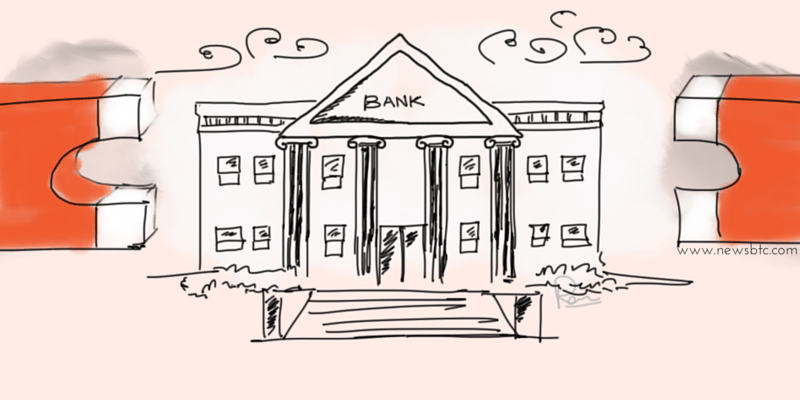Reason to trust

How Our News is Made
Strict editorial policy that focuses on accuracy, relevance, and impartiality
Ad discliamer
Morbi pretium leo et nisl aliquam mollis. Quisque arcu lorem, ultricies quis pellentesque nec, ullamcorper eu odio.
While bitcoin has been struggling to shrug off its negative association with money laundering and criminal activity, its underlying blockchain technology has garnered a lot of attention from banks. Blockchain refers to the public ledger of transactions for the cryptocurrency, which is verified and updated by computers solving complex algorithms.
For banks, using the blockchain could create a more stable record-keeping system. For example, Bank of New York Mellon created its own digital currency, BK Coins, and built an employee recognition application that rewards IT staff with the tokens, which can be redeemed for gift cards and vouchers.
Blockchain Technology Applications
CBW Bank, an innovative community bank in Kansas, is working on a risk management system that incorporates bitcoin-related technology while USAA has a team of researchers looking into the potential of the blockchain.
For these institutions, the use of a verified and secure database can enhance the efficiency of payments and securities handling. In particular, banks could develop a variant of blockchain technology that would live in their own data center or private cloud, or be run by a central authority.
“The blockchain can fundamentally reduce costs and provide real-time service,” said Chris Skinner, chairman of the Financial Services Club networking group in the U.K. “But on the other hand bankers want to make it centralized, which runs counter to the concept of blockchain.”
Entries in a blockchain can’t be edited once written and the maintenance and storage would be performed by a network of computers, making theft or hacking virtually impossible.
CBW Bank is already working with Ripple Labs, which developed the Ripple protocol similar to the blockchain, to integrate their risk-scoring analytics in existing channels such as ACH or debit cards. “We’re using some of these protocols and delving into details on how to understand the gaps and risks of that and integrate them into our risk management system. Once we do that, then we’ll start to create applications around it,” shared Suresh Ramamurthi, the chairman and chief technology officer of CBW Bank.




























So what I dont understand is how these banks are going to use their own blockchain without the Bitcoin network? It seems like one branch could easily 51% attack another branch or whatever. Where are they going to get the infrastructure to avoid this? I think after all is said and done they will realize they need to do their crap on the only secure blockchain but maybe theres something Im missing here.